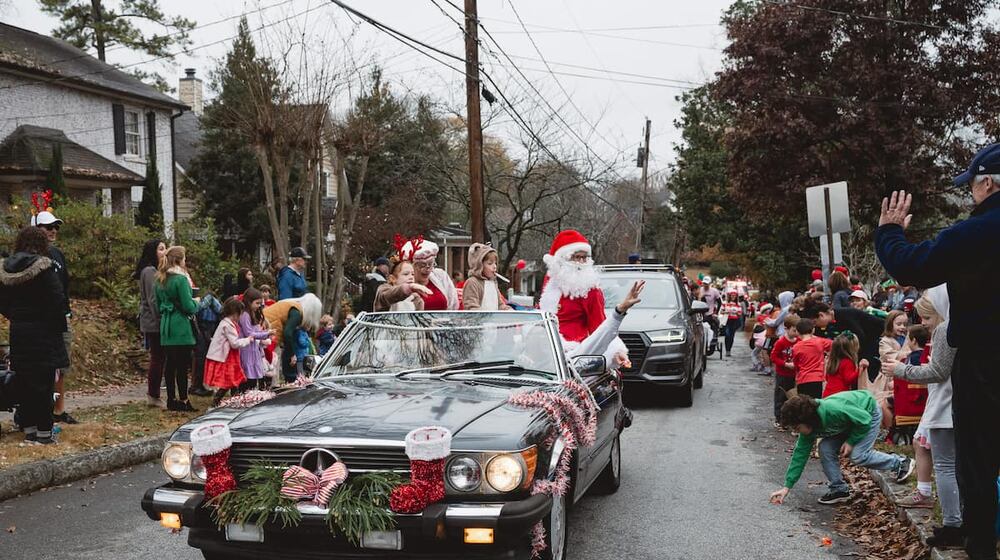Imagine an unmarried woman in 1958 telling a man that she is pregnant with his child. It was an increasingly common situation at the time. Recorded births to unmarried women had doubled in the U.S. between 1938 and 1958 to more than 200,000.
In some social circles the matter would swiftly be resolved with a wedding. But in this case, the woman was black, the man was white, and a marriage wasn't just socially unacceptable, it was illegal.
Loving, the much talked about Jeff Nichols film that fictionalizes the story of Mildred Jeter and Richard Loving -- an interracial couple in Virginia whose personal lives led to the court battle that ended Virginia's Racial Integrity Act, opens Friday in select metro area theaters.
The couple is portrayed by newcomers, Ruth Negga and Joel Edgerton, who recently visited the city during Atlanta Pride in October. The actors also attended a private screening and panel discussion at Clark Atlanta University with the director, producer Oge Egbuono, and actress Terri Abney, a 2012 alumna of CAU, who plays the role of Mildred's sister.
Already there is Oscar buzz and Loving may actually deliver, thanks to Nichols' understated telling of an ordinary love story that had extraordinary impact.
In 1958, Richard Loving, 24, who was white, married Mildred Jeter, 18, who was considered black (She challenged this categorization throughout her life and noted her race as "Indian" on her marriage license.)
The couple was forced to marry in Washington, D.C., as miscegenation, marriage or sexual relations between different races, was an abomination to God and man in 24 states including their home state of Virginia.
One summer night, the sheriff kicks in the door of their home, throws them in jail and tells them they can leave town for 25 years or go to prison. The couple fled to D.C., but soon tired of living away from friends and families.
After nine years in exile, Mildred, by then a mother of three, pens a letter asking U.S. Attorney General Robert F. Kennedy for help. The ACLU took up the case that would become Loving v. Virginia and ultimately end state bans on interracial marriage.
Here's the trailer:
The impact of the decision was immediately apparent in Georgia. In a much cited statistic, the rate of interracial marriage in the state increased more than 400 percent the year of the court decision. It sounds like a lot, but considering it came from nearly nothing, that amounted to 21 marriages in real numbers, according to a 1973 report on the state of interracial marriage in Georgia.
The real Lovings were publicity shy people -- they never appeared in court during the case -- but they became the poster family for interracial marriage after posing for magazines including Life and Ebony.
Negga and Edgerton are as photogenic and poster worthy as the Lovings (the actors appear in a dreamy eight-page photo spread in Vogue's November issue). Their physical resemblance to the Lovings was observed by Peggy Loving Fortune, 56, the couple's only living child, who served as a consultant on the film.
While the Loving's plight is largely unknown to some Americans -- it was new to Nichols who was introduced to it via the 2011 documentary The Loving Story by Nancy Buirski on which his film is based -- this isn't the first time their story has received a bit of Hollywood gloss. In 1996, director Richard Friedenberg (A River Runs Through It) released a made for TV movie starring actors Lela Rochon and Timothy Hutton as Mr. and Mrs. Loving.
In 1974, Richard Loving was killed in a car accident with a drunk driver. Mildred Loving died in 2008. But almost 50 years after the landmark case, the Lovings remain the reference point for what became a new era of interracial marriage.






